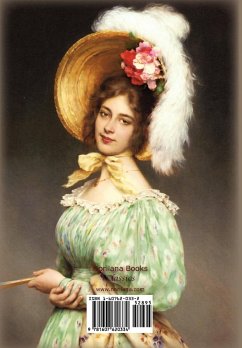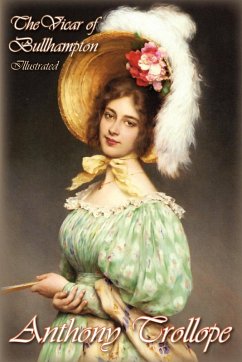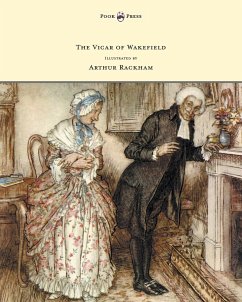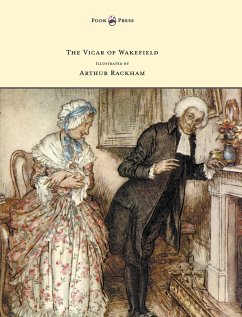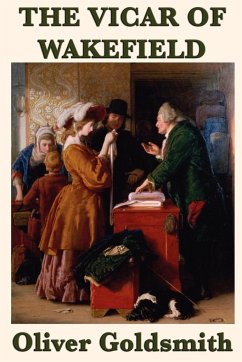The Vicar of Bullhampton (1870) by Anthony Trollope is a particularly strong work that features all the British Victorian elements that the author is better known for: relationships, family bonds, intricate romantic entanglements, bittersweet nostalgia, social commentary, and delightful humor. Frank Fenwick, the vicar of Bullhampton, is at the heart of the story that involves the lives of several young people, including the beautiful Mary Lowther and the fallen "castaway" Carry Brattle. There is unrequited and misguided love, proposals and rejections, tragedy and scorn, and the comic showdown between the vicar and a marquis that involves the building of a rival chapel. This fine edition contains thirty-five vintage illustrations by H. Woods.

